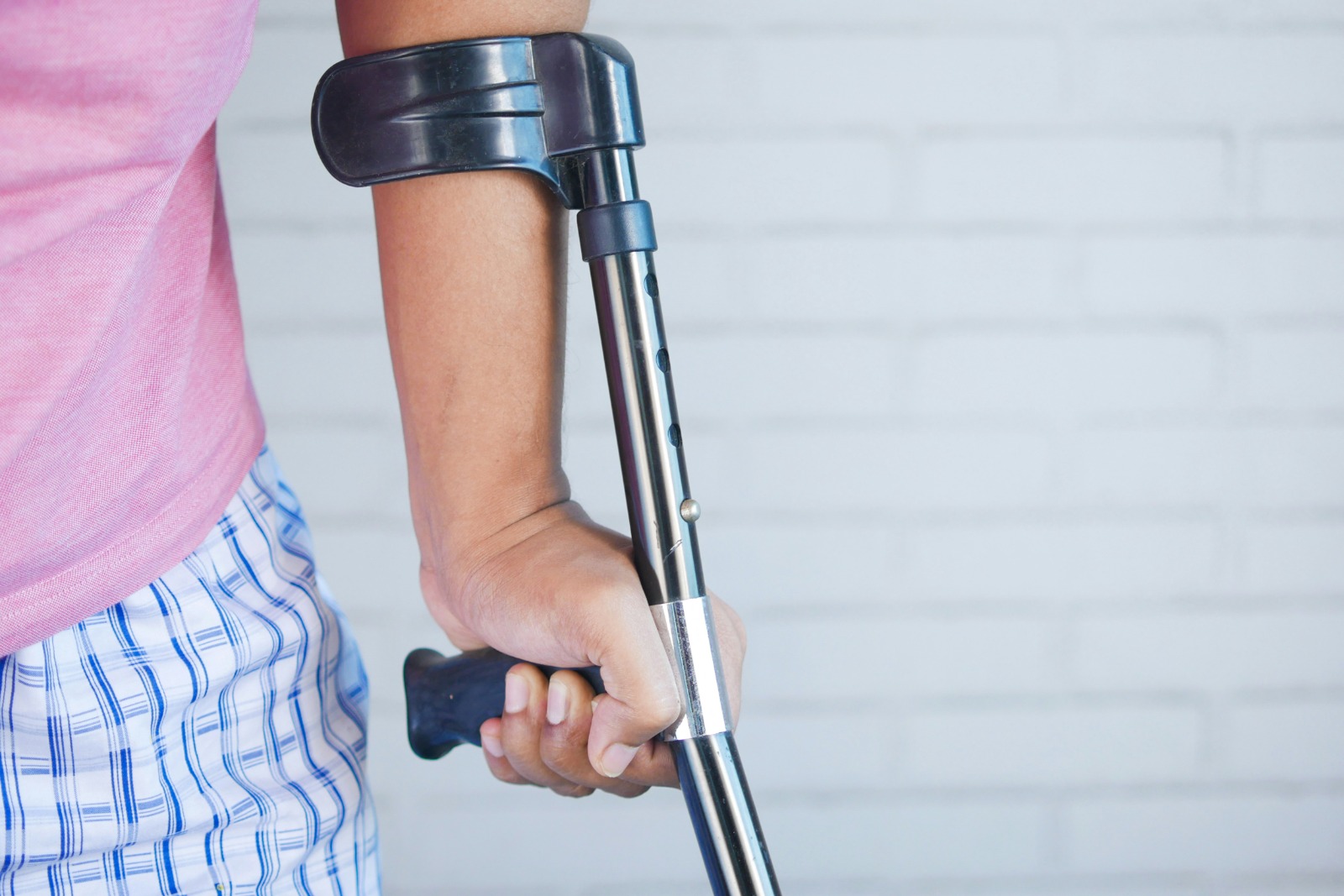
Pursuing an EC or PI claim is a structured process designed to establish liability and secure fair compensation for your injuries, losses, and suffering.
Stage 1: Initial Legal Consultation
The first and most critical step is to seek comprehensive legal advice.
- Objective: A lawyer will assess the merits of your potential claim by examining the circumstances of the accident.
- Key Considerations: They will determine if a legal duty of care was owed to you, whether that duty was breached (e.g., through negligence or a breach of statutory duty), and whether that breach caused your injuries.
- Outcome: The lawyer will advise you on the strength of your case, the likely heads of compensation, and the best course of action.
Stage 2: Comprehensive Evidence Gathering
If you have a viable claim, your legal team will begin a thorough evidence-collection process. This forms the foundation of your case.
Key Evidence Includes:
- Medical Evidence: Detailed medical reports outlining the nature and extent of your injuries, recommended treatment, and a prognosis for recovery. Full medical records are also obtained.
- Official Reports: The police report (if applicable), and any internal accident report filed with your employer or the premises owner.
- Financial Documents: Payslips, tax returns, and bank statements to prove loss of earnings (both past and future).
- Other Evidence: Photographs of the accident scene and your injuries, witness statements, and expert opinions (e.g., from engineers or occupational therapists).
Stage 3: Commencement of Legal Proceedings
Based on the evidence, your lawyer will formally initiate your claim.
- Drafting Pleadings: Your lawyer will draft a Writ of Summons and a Statement of Claim/ Application. These documents set out the detailed legal grounds of your claim, the facts of the case, and the alleged negligence of the defendant.
- Quantifying the Claim: A precise calculation of the total compensation sought will be made. This includes general damages (for pain, suffering, and loss of amenities etc.) and special damages (for quantifiable financial losses like medical expenses).
Stage 4: Ongoing Proceedings & Without Prejudice Negotiations
This stage often involves a parallel process of litigation and negotiation.
- Court Proceedings: The case proceeds through the court timetable, which involves exchanging documents, disclosing evidence, and attending interlocutory hearings.
- Negotiations: Throughout this process, your lawyer will engage in “without prejudice” negotiations with the defendant’s insurers or legal representatives. This means these discussions cannot be revealed to the trial judge until after a settlement is reached. The goal is to reach a fair settlement without going to trial.
- Mediation: The Court will often encourage parties to attempt mediation—a form of assisted negotiation with a neutral third-party mediator. This is a highly effective way to resolve disputes.
Stage 5: Trial (If Necessary)
If all attempts at negotiation and mediation fail to result in a satisfactory settlement, the matter will proceed to a full trial.
- The Trial: A judge will hear evidence from all parties, including witnesses and experts, and will examine the submitted documents.
- Judgment: The judge will make a final ruling on liability and the amount of compensation to be awarded.
- Appeals: Either party may have grounds to appeal the decision to a higher court.
Conclusion:
Pursuing a compensation claim is a complex legal process with strict time limits. Engaging an experienced personal injury lawyer from the outset is vital to protect your rights, navigate each stage effectively, and maximize your chances of securing the compensation you deserve.
Disclaimer: This newsletter is for informational purposes only and does not constitute legal advice. You should consult a qualified legal professional for advice on your specific situation.
